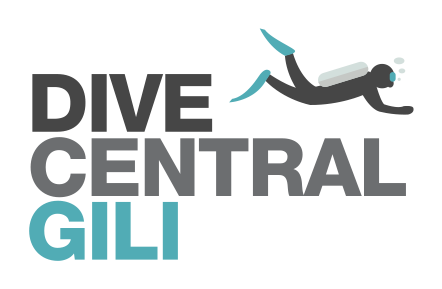8 Tips to any new diver from a PADI instructor - part 1
Did you just pass your open water certification? Congratulations, you've made a great achievement! Becoming a certified diver is a great milestone for most people, learning how to master skills and techniques you previously had no idea even existed. With many years of experience in teaching, we've come to realize that most new divers find just being in the water is challenging enough, so we thought we would give you a couple of additional tips to work on whilst diving, from one diver, to another!
1. Stop kicking (and stop using your hands)!
This might seem crazy considering that scuba diving is basically two things: kicking and breathing under the surface. But there is no need for us divers to constantly kick, for a couple of reasons! Number 1: when you constantly keep moving, you will have no way to knowing if you are actually neutrally buoyant or not. Most new divers are way to negatively buoyant but can still keep them self up from the bottom by using our fins or hands. Why spend your energy on that when you have your BCD to do the work for you! So stop moving, if you sink? Add some air! Number 2: the main reason we go diving is to find animals, right? So I unless you are trying to find a big turtle or shark, the odds are that you are just kicking yourself pass the fish you're diving to see. The slower you move in the water, the more animals you will find!
2. Buy a mask that actually fits you!
We all know the annoyance of having a mask that constantly leaks. So why waste energy and air on constantly having to clear your mask, when you can actually invest a little bit of money in one that fits your face like a glove, one that you know no one before you has spat in, one that you thinks looks good on you!
3. Don't forget to equalize!
On the first three dives in your open water course, there should have been a line for you to use as a reference for descending. The reference makes equalizing easy, if you feel like it's not working, just pull yourself slightly upwards and try again. But as a certified diver, we generally don't use that reference anymore, making it a bit harder to know exactly when to relieve the squeeze. So if you know you are prone to having problems with your ears, start by gently deflating your jacket, a little bit at a time. Slowly descend, keeping your right hand on your nose - ready for the increasing pressure. Equalizing should be made before you feel discomfort, and you should always equalize gently, early and often. If you feel any pain or discomfort, your are now at risk of damaging your ear, so ascend slightly and try again. Never equalize with force! Always remember to let your dive guide know, they can always assist your descent.
4. Keep a log of your dives!
The logbook is not only as good memory, but it's necessary to be remember information regarding your equipment. How many weights were you wearing, how thick was your wetsuit? These things are easily forgotten, especially if your not a regularly diving. So when you find the perfect amount of weight - write it down! Your future self will thank you, trust me.


